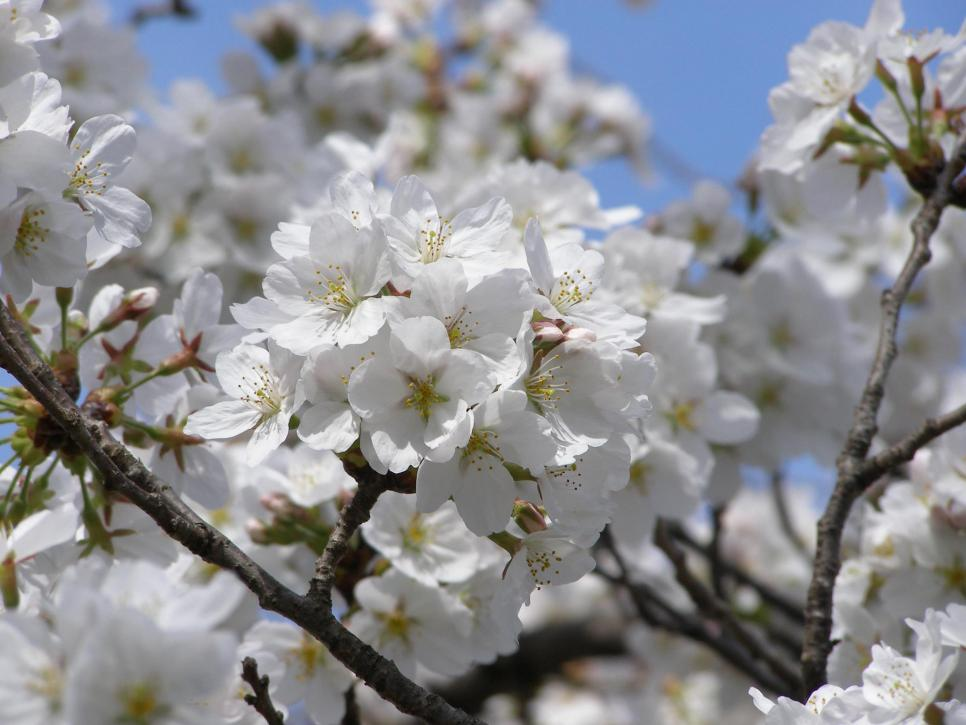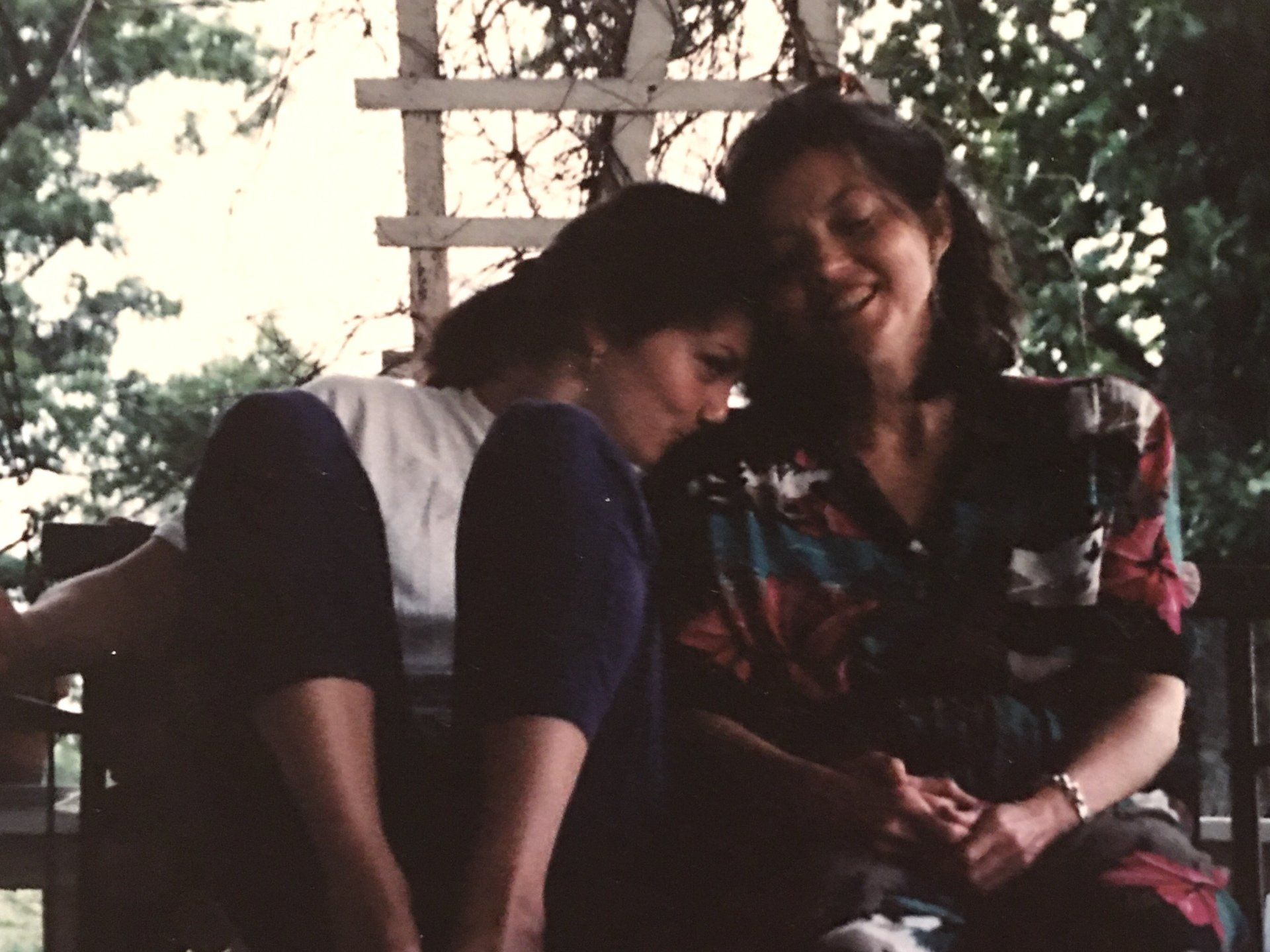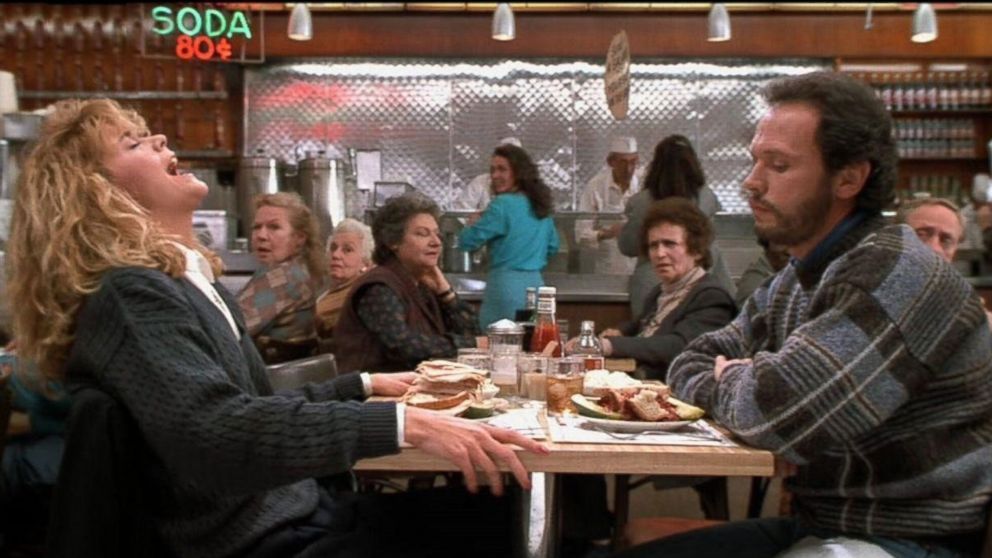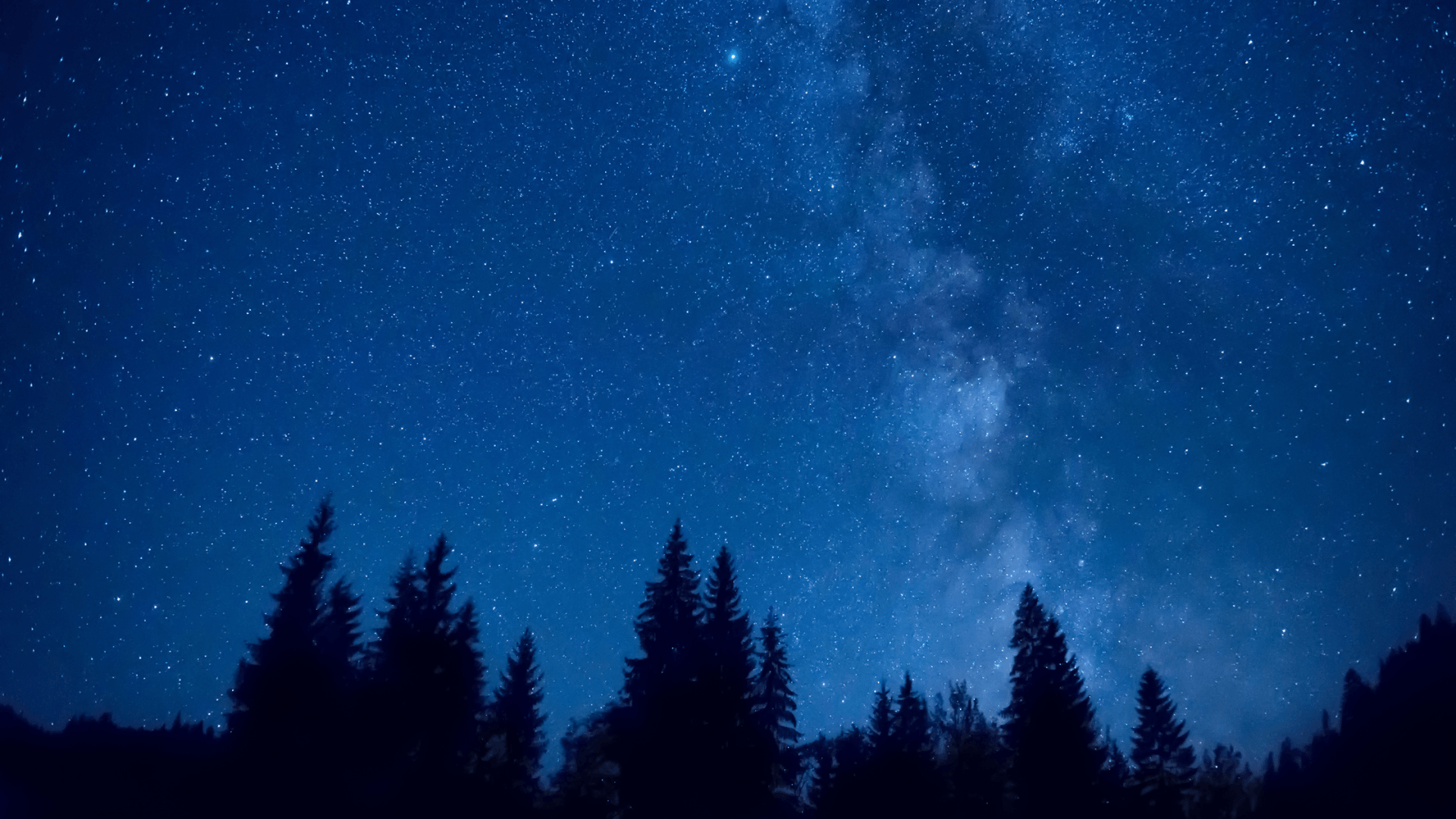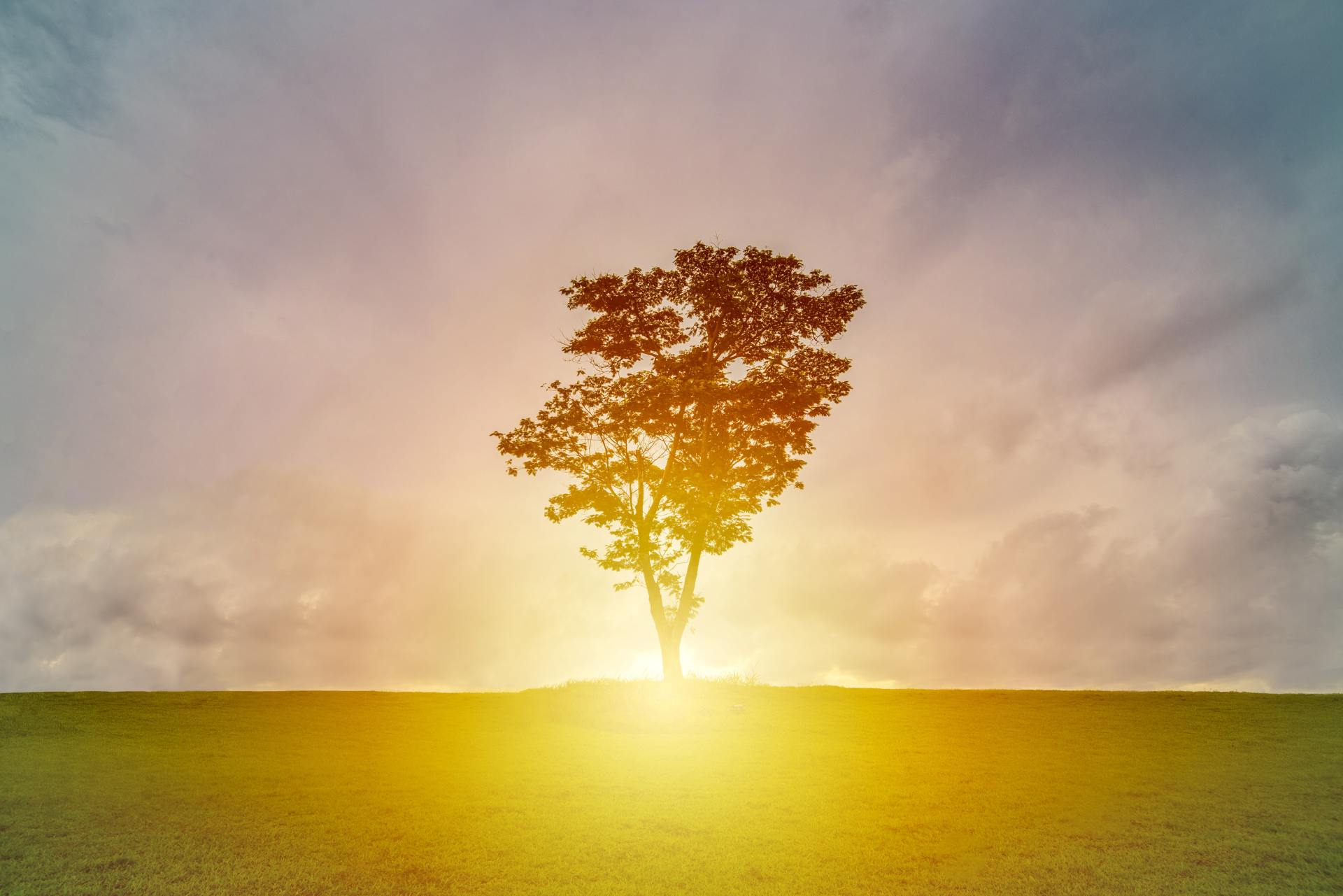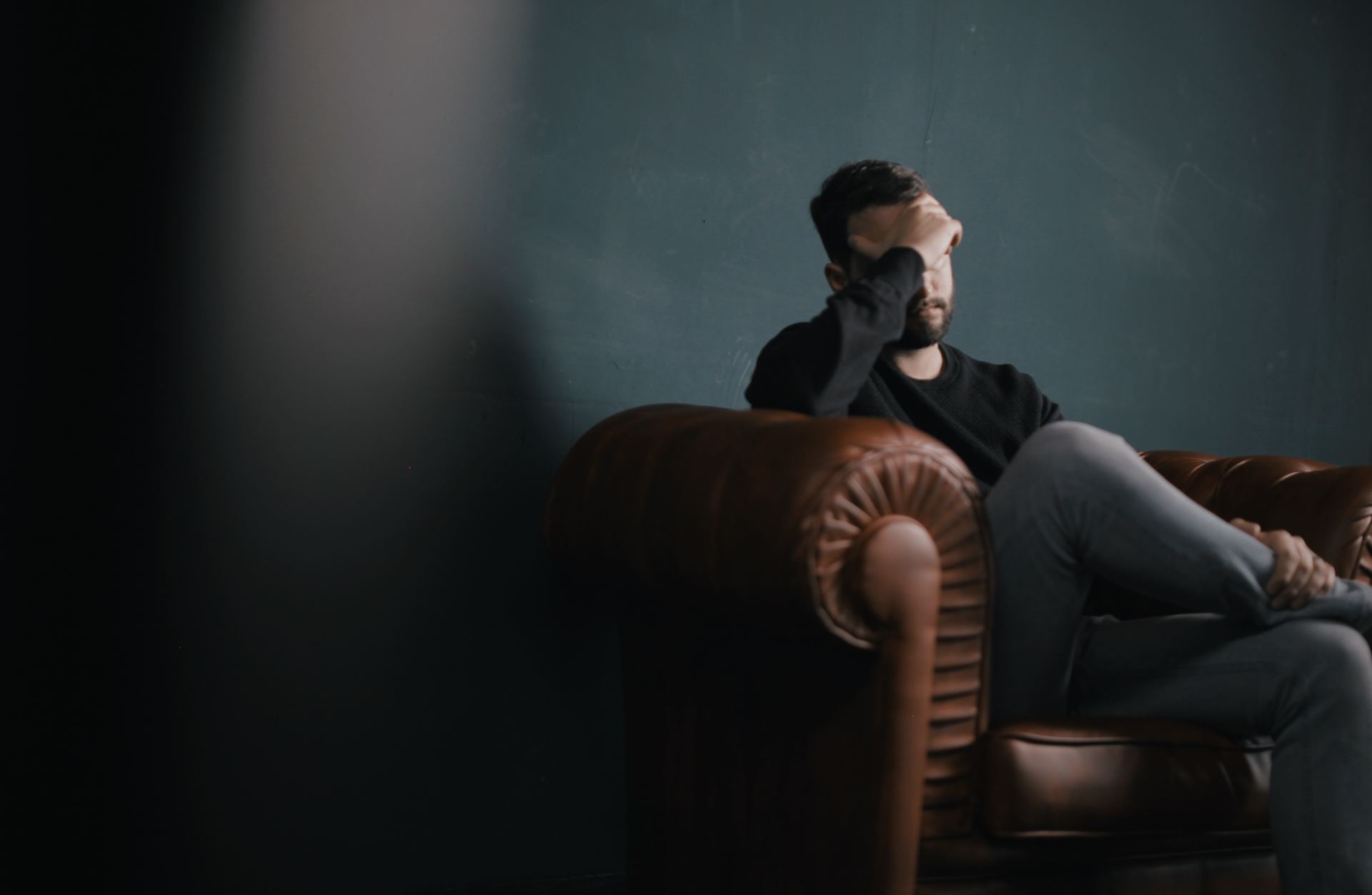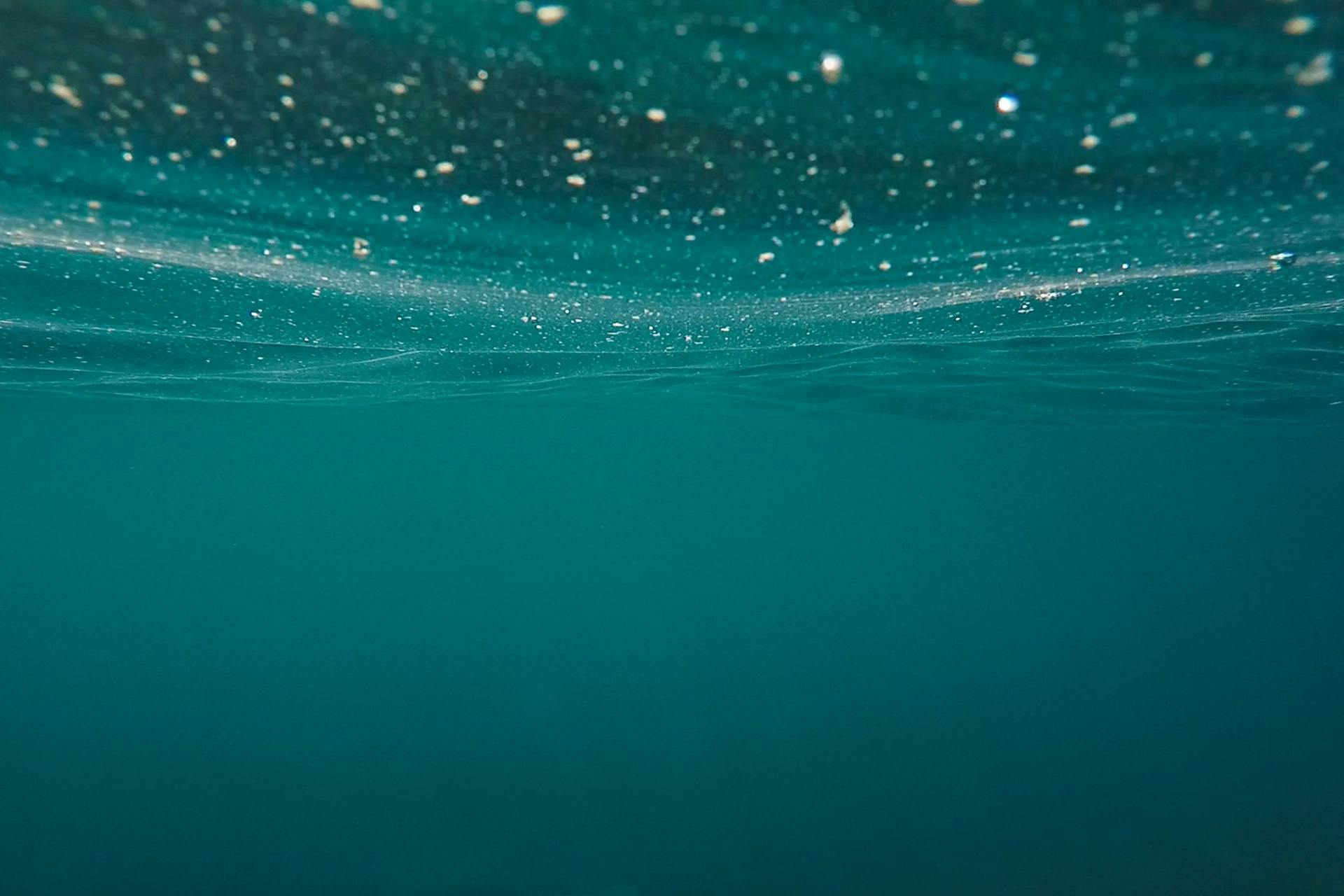Birdsong punctuates the steady hum of the insects in the background of the conversation I am having with my mother. The last few days of my staycation became a multi-day mother-daughter sleepover. As we sit on her back porch, I notice that my mother's face is softer now, lightly furrowed like a lovingly plowed field. Still, the criss-cross of tiny lines at the corners of her eyes and mouth cannot hide the beauty that has defined every decade of her nearly 80 years.
Despite the signs of her aging, her easy smile and ready engagement in our chatting speak of her continued vitality. I'm glad to see her comfortable in a sleeveless top and shorts on this warm, muggy Indiana day. A few years back she had gotten self conscious about what we joke is the "creeping crepe" of sagging skin and arms that flap more like wings every time you look. She takes good care of herself but there is no stopping the progress of time.
These days with her have been fun. We've had several impromptu dance parties, a few walks, a tiny bit of safe shopping, and some great carryout feasts. Together we also listened to educational podcasts, watched a
fun documentary
about the world famous Puerto Rican astrologer, Walter Mercado, and witnessed Kamala Harris become the first woman person of color candidate for the vice presidency. Mom's trying to make this staycation fun for us because she knows we'd rather be in the mountains and at the beach for a 'real' vacation.
To have days of leisurely time with her is precious and if there's anything the pandemic has reminded us, it's that we don't know what's coming next. So appreciating and enjoying the good things we already have in our lives becomes a top priority.
The Known-Unknown
Feeling the breeze freshen the humid Indiana air, I ask her about her experience of the pandemic, what she's learned, or how it's changed her. She acknowledges her privilege. "For people in my situation, with few financial worries, a good relationship, and no children to raise, the early days of sheltering in place were a blessing." She reflects on how rewarding it was to have more time with her still-working husband. And she mentions the stories of many others who appreciated being home with their kids and partners, finally able to give and receive the kind of dedicated attention that wasn't possible in the bustle of pre-pandemic life.
She talks about how, especially in the beginning, we were all dealing with the
‘known unknown’ of the virus.
We knew it was dangerous, we knew we needed to be vigilant, but we didn’t know to what degree:
How long would we need to shelter in place? How do you contract it? How much food should we have in the house? When will it come to my community? Will I lose my job? Will the economy completely crash? Who will care for me if I get sick? Will I lose family or friends? Will I die?
This kind of vigilance is subtly exhausting to our nervous system until its fatiguing effect eventually registers in our conscious awareness. Obviously many of those same questions my mom raised remain unanswered so we are still vulnerable to a kind of low-level chronic stress that saps our usual energy and drive. Friends and clients complain that it has been hard to muster real momentum on projects or plans.
Grief over the real and often sudden loss of friends and family is another drain on our usual vitality. And so is the more
ambiguous loss in not being able to gather for weddings, graduations, funerals, and even sports events, all the big and little rituals that mark our connectedness. The burnout that led me to take two weeks off from work was clearly due to this pandemic-induced depletion. Whatever extra energy I had, seemed to be used up in coping with the uncertainty and social deprivation of this time.
Psychologists say this kind of burnout happens when we reach the end of our
surge capacity. According to science journalist Tara Haelle, "Surge capacity is a collection of adaptive systems — mental and physical — that humans draw on for short-term survival in acutely stressful situations, such as natural disasters. But natural disasters occur over a short period, even if recovery is long. Pandemics are different — the disaster itself stretches out indefinitely." Apparently by mid-summer, my surge capacity was kaput.
Not knowing when the pandemic will end is part of the stress, which has raised new questions for me:
How do I renew myself under the subtle but chronic threat to my sense of emotional well-being? How do I build reserves for the other stressors I will inevitably have to bear down the road, both personally and as part of the collective?
Again the 'known unknown' haunts me.
Mom and I fall silent for a moment as the chattering of squirrels alerts us to the resident hawk flying near. Each of us contemplates what the benefits of the pandemic might be.
We wonder how this sudden and mass vulnerability to illness and death might be helping the privileged among us to discover a more accurate empathy for those who live with this kind of vulnerability all the time, those whose connection to jobs and healthcare and physical safety have always been this tenuous.
My mother is a great systems thinker. She offers the idea that maybe COVID is giving people of privilege, as a whole, an experience of being trapped or put in check by a larger force that doesn’t give a damn whether they live or die. And that this experience offers us more empathic insight into how people feel who live all the time in a system that doesn’t fundamentally protect or care for them.
We share our hope that the pandemic is opening our collective heart to the pain of all who can’t breathe freely, including not just people but also the forests, oceans, and animals whose lives are choked out by a mindset that does not perceive or value our fundamental interconnectedness.
The known unknown also haunted us in the police killings and the protests against them.
How violent might law enforcement or even the protestors get? How many would be needlessly hurt? How would it affect me? How would it affect my community?
Mom shares with me that she spent several weeks grieving an even deeper level of awareness of others’ suffering for the systemic maintenance of her white privilege. Of course, having time to reflect and grieve is itself a privilege.
She tells stories of moments in her life where had she been a person of color, she knows she would have experienced a very different and surely negative outcome. Listening to her, I feel grateful to be mentored by this nearly 80-year-old woman who is still thinking, still feeling, still doing the deeper work to keep her heart and mind open.
One of the beneficial paradoxes of the pandemic is how the restriction of our normal activities offers us a certain kind of freedom to consider doing things differently. The relative adversity of this experience gives more of us time to reflect on how we are living our lives and to assess what part of ‘normal’ feels worth returning to. The difficulties accompanying all this collective change take us to the threshold of our potential for greater connection, compassion, creativity, and cooperation. Whether we step through that door, or some other, remains to be seen.
Things do cook faster when the lid is on the pot.
The pandemic turned up the heat on issues simmering just below the surface for some time now: political divisiveness, extreme individualism, systemic racism, climate change, income inequality, access to health care, voting rights concerns, and the epidemic of loneliness, depression, and anxiety in our country. On the other hand, it has revealed our strength, resiliency, and neighborliness. When I'm feeling optimistic, I think perhaps we are developing a kind of keep-calm-and-carry-on spirit that taught previous generations to curb their individual desires for the social good and to collaborate on solutions to pressing problems.
I tell my mom that I believe our current generations need this opportunity to work together for the greater good. We need to discover the grit we actually possess in order to face our collective challenges and to cultivate the grace that lets us address them with kindness, intelligence, innovation, and generosity. She doesn’t disagree.
Life itself is a known-unknown. Nothing is really different about this current reality we share except our heightened awareness of its universal truths. The pandemic shines a clear light on the certainty of change as well as our interdependence, fragility, and mortality. That light also reveals the presence of love and the necessity of kindness in the midst of it all.
